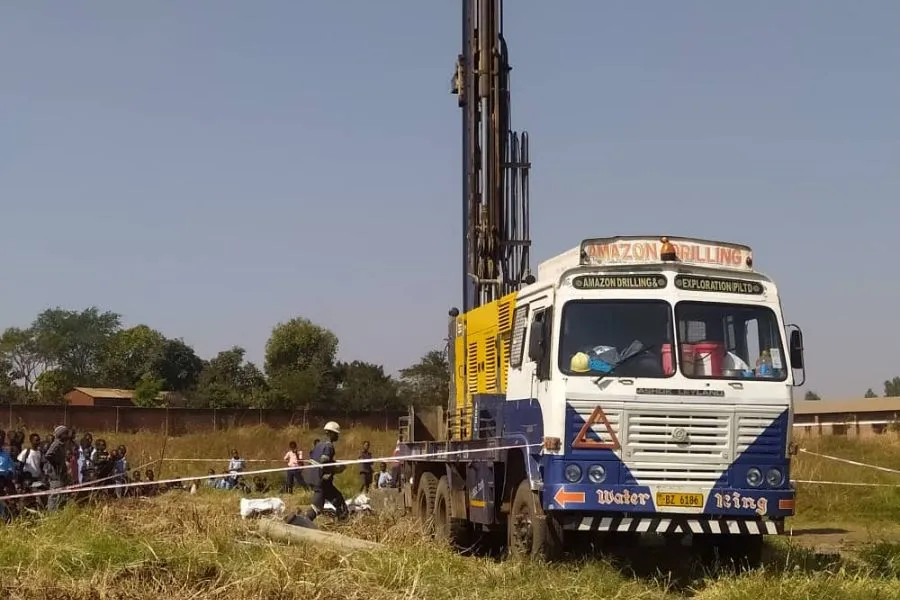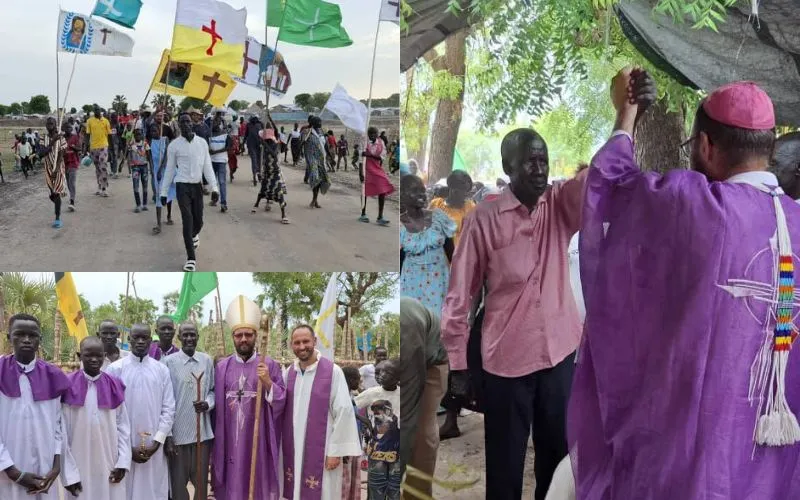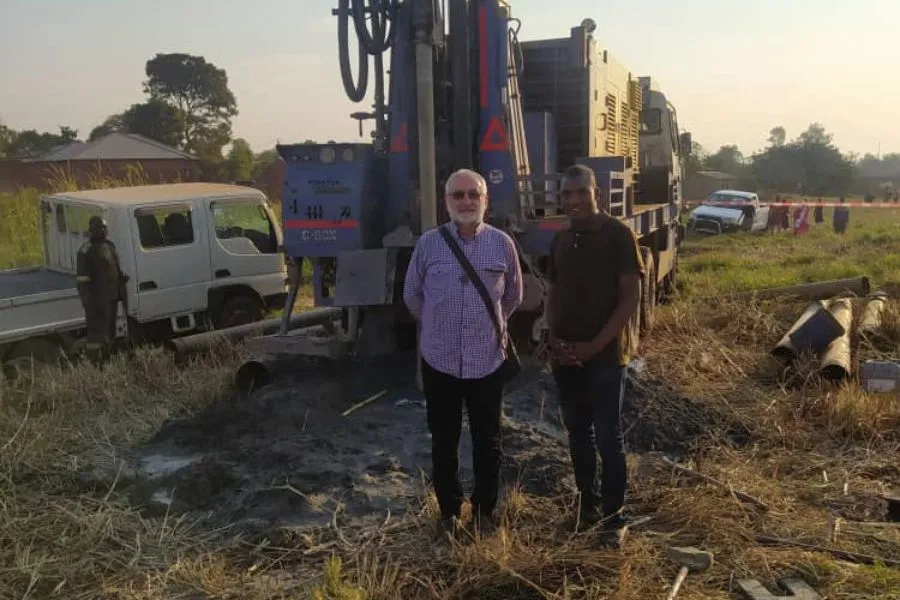He added during the August 25 interview, “I have been to another country where the Bishops' conference provided home-based care to the poor with funding from Europe. When COVID-19 struck, the whole program was stopped and the poor were left more vulnerable. This explains the importance of a self-sustaining program such as this one developed by the Bishops in Malawi. The program we have here doesn’t rely on donor funding.”
According to Action on Poverty, “Malawi is one of the poorest countries in the world, ranked 174 of 189 countries on the Human Development Index. Over half the population lives in poverty, and one-fifth in extreme poverty.”
Fr. Czerwinski told ACI Africa that poverty in Malawi is manifested in a different way compared to many other African countries.
“Ours is the lack of natural resources which, in a way, is a blessing because then, Malawi is a very peaceful country. Malawi doesn’t have conflicts that are associated with the presence of natural resources,” he explained.
The SDB Priest, who has ministered in Malawi for over a decade, and has been Parish Priest for over a year continued, “People here work very hard on their farms, which are very fertile. There is also an abundance of water. What we struggle with the most is the lack of electricity.”
He said that the narrative propagated in most western media platforms that Africa is a poor continent needs to change. “The media should rather talk about the challenges that Africa grapples with. In Malawi, there is fertile soil and a big lake that can supply farms with water. People here don’t have food challenges.”
In Malawi, the Salesians also run a “Distant Adoption Program” through which they provide education support to children from needy families.
Currently, 120 children are on the school fees sponsorship program that is hinged on donor-funding from different countries.
At Don Bosco Parish, donor funding from Salesian Missions, the U.S. development arm of the Religious and Missionary Institute, is also being used to provide food, help maintain the house and pay for utilities of the SDB community of 25 people.
With the support, the community has also been able to repair its damaged borehole.





 Credit: Fr. Joseph Czerwinski
Credit: Fr. Joseph Czerwinski


